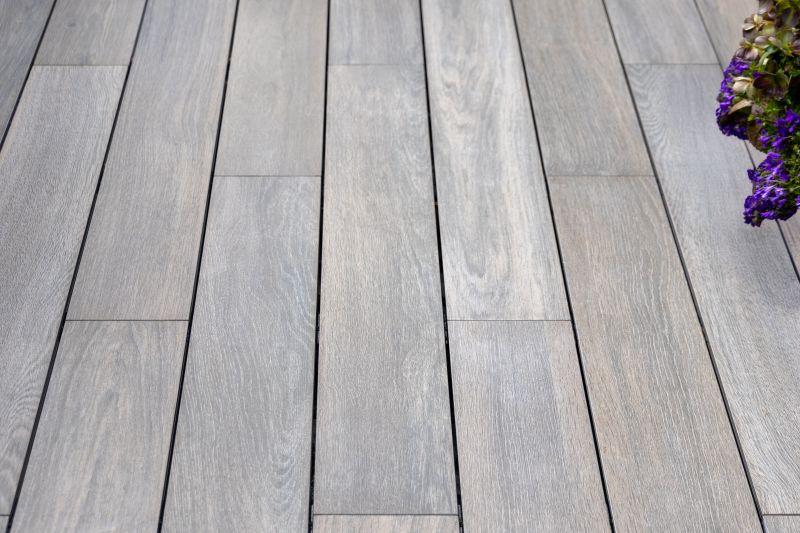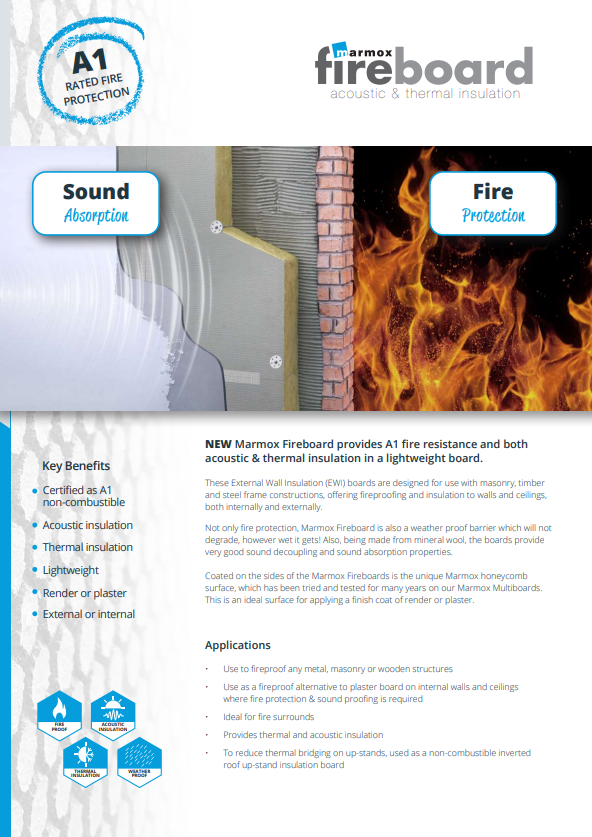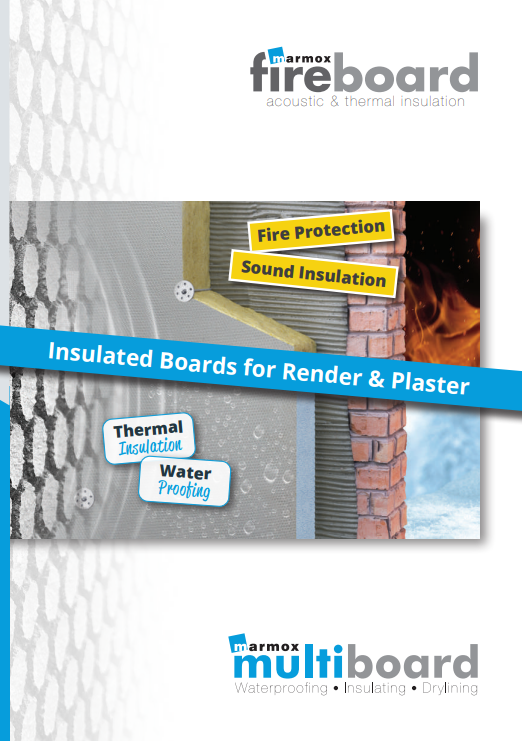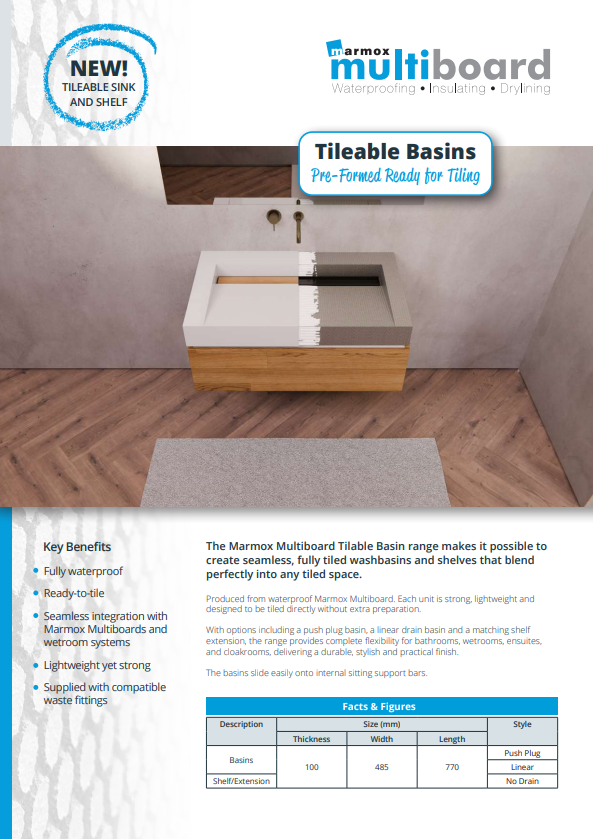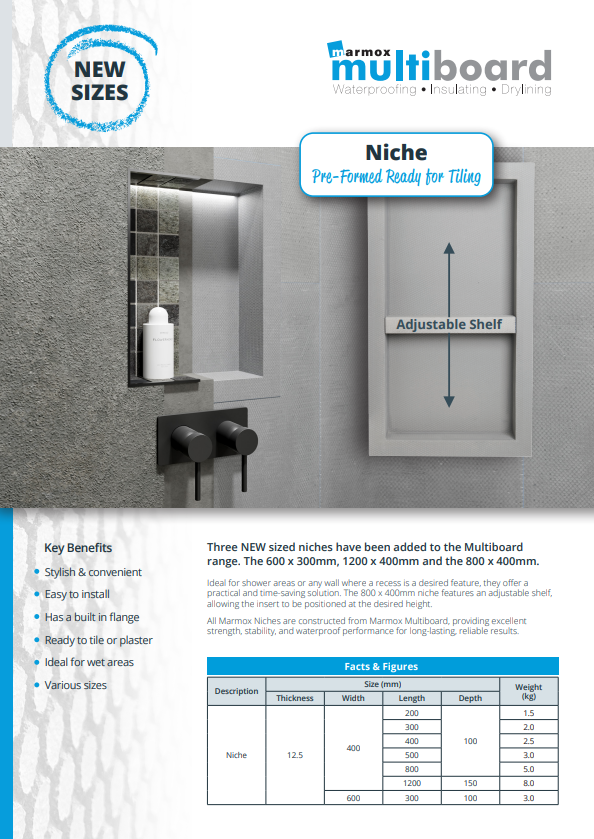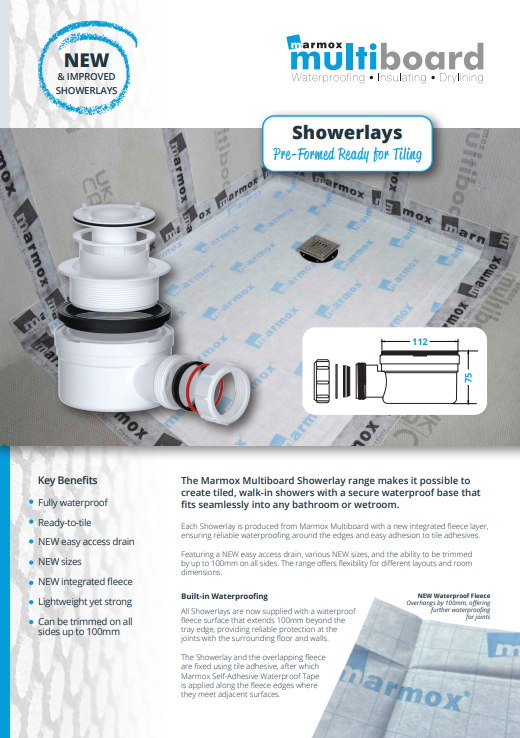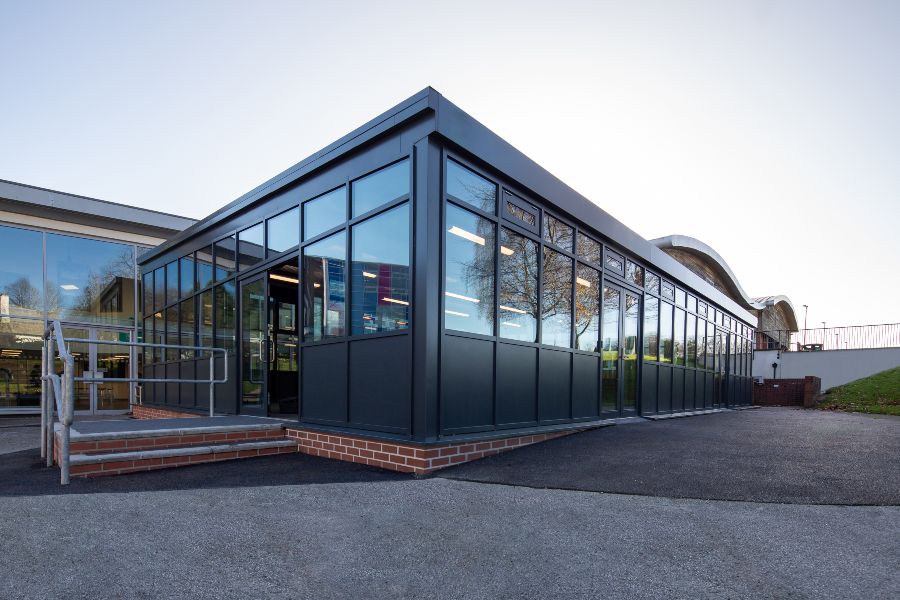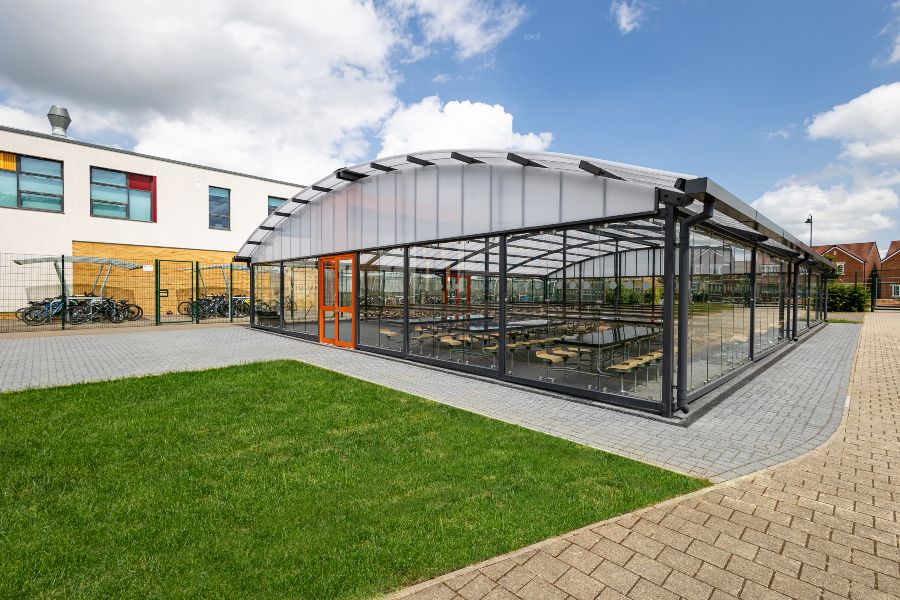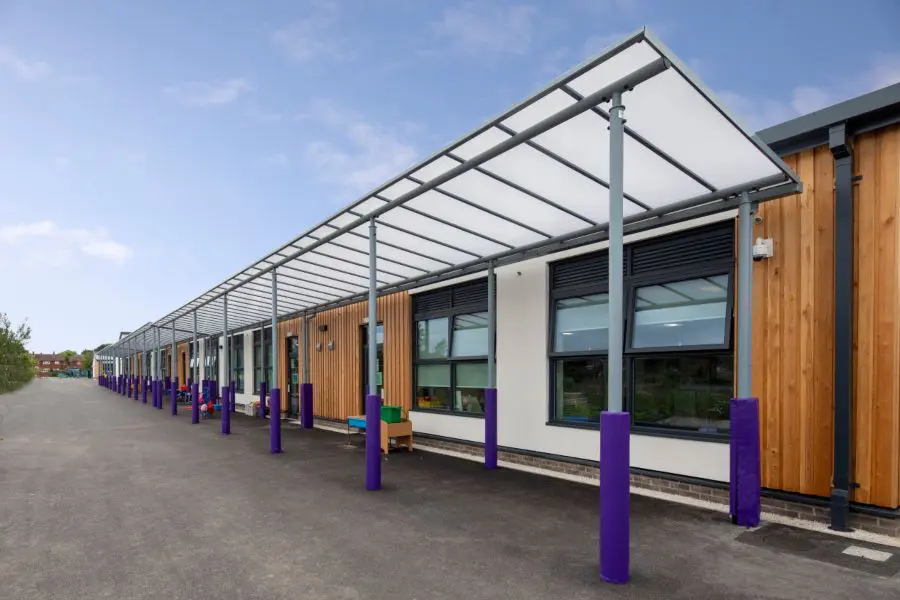The demand for housing in urban areas continues to grow. One alternative for creating housing in large cities is to add additional floors onto existing buildings.
Research shows that approximately 1/4th of existing buildings are strong enough to carry additional floors made of wood.
Unused land along railway lines, similar to land previously used for commercial and industrial purposes, is being developed as building plots in inner city areas. But the available land is limited. In order to provide housing space, densification in the form of filling vacant lots or the more efficient replacement of buildings is being promoted. The city of Bonn, for example, renamed its land registry office in February 2016 as the "Office of Land Management." One of its core tasks is to support densification in the city.
A further alternative for creating housing in large cities is to add onto existing buildings. Timber construction companies have a lot of experience building extensions for single-family homes.
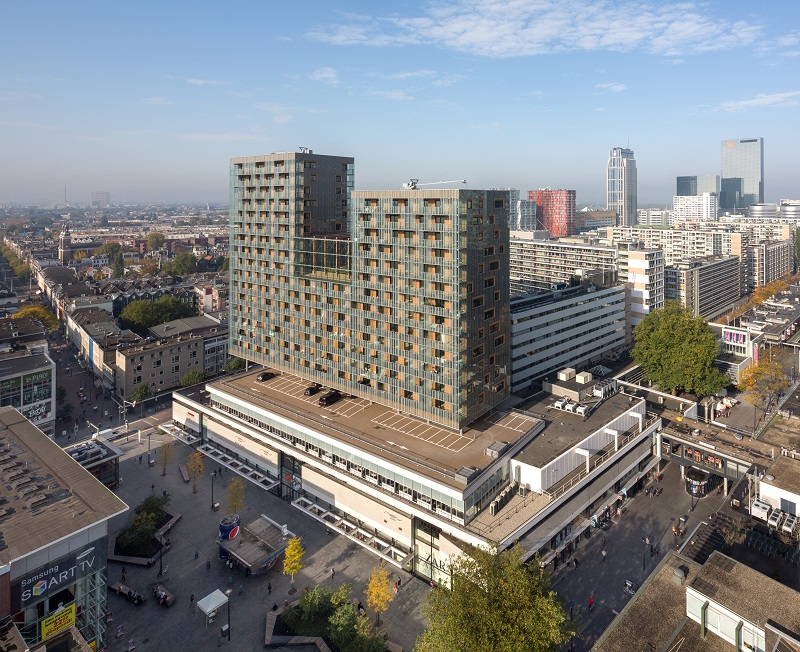
The growing demand for living space per capita means many single-family houses from the sixties and seventies appear too small for many families. For this reason, an extension has been built onto many of these houses. What has been done less frequently until now, however, are large-scale extensions of office buildings, hotels or large residential buildings.
After some housing associations, for example in Munich, had very good experiences with exten-sions made of timber, this issue has increasingly become the focus of property owners.
To get a clearer view of the nationwide potential in Germany, B + L has conducted a primary survey on behalf of clients which determines the potential for vertical extensions.
In numerous cities the building of extensions was examined through personal screenings or inspections as well as with Street View. For example in Bonn and Hannover 120 streets in each city were evaluated house by house. Here the technical feasibility of building was at the center of the evaluation. A structural analysis was not carried out. The surface area with a potential to be extended vertically calculated this way can thus be considered as a guideline for the upper limit of the market potential.
With this representative street sample the potential for building extensions per city was projected. In the second step, a nationwide forecast for Germany was conducted.
In particular, an extension constructed with a timber frame can be a fast – and inexpensive – solution, especially if the carrying capacity of existing components is maxed out or the building is not designed for heavy loads. Wood has high strength and relatively low weight. Thus with the increasing acceptance of timber frame construction for extensions the potential with regard to the extended living space could be considerably larger.
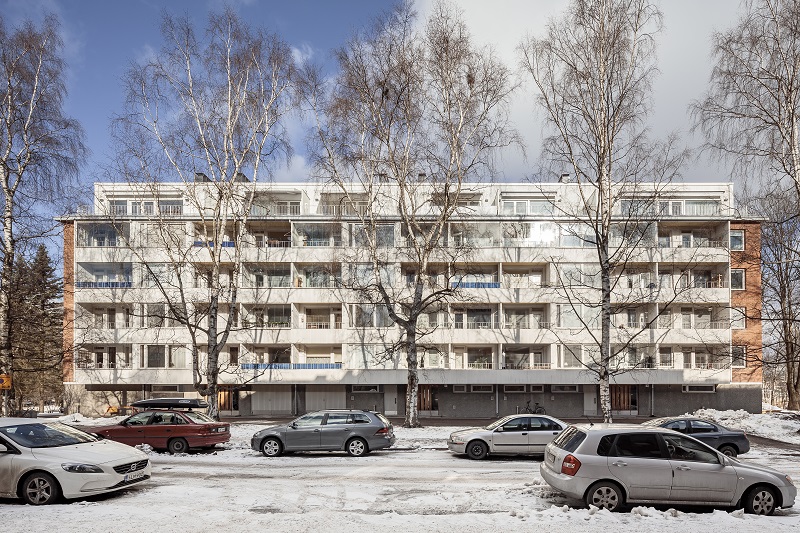
Similarly, other cities were examined. Taking the results of these cities as a basis and extrapolating the potential for German cities with more than 200,000 inhabitants, the potential for building extensions is around 100 million square meters. On this basis, housing needs could be completely covered by extensions with an annual completion volume of around 25 million m². This is especially important because plots are scarce in densely populated urban areas.
Now it is time to motivate, with the corresponding impulses, the decision makers in the planning departments, as well as housing associations and private investors to develop this great potential. The requirements vary from city to city, but an increasing willingness to develop at the urban level can be seen. Traditional project developers often lack the expertise to tackle projects involving the building of extensions in a solution-oriented way.
The timber companies are required to reach out to the government and private own-ers to propose development projects. Through this initiative, on the one hand additional land sealing could be reduced in peri-urban environments and on the other, much-needed downtown residential zones could be created.










